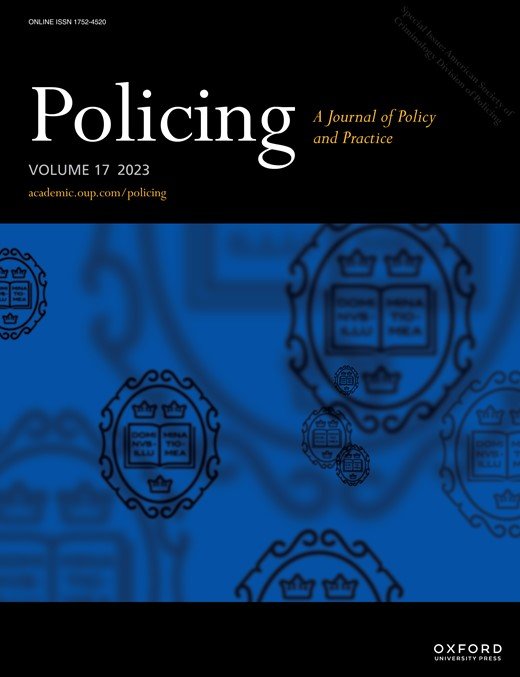By Charlotte Howell, Martin Gill and Janice Goldstraw-White
The aim of the research was to explore the forms of joint working that take place between the security sector and the police, and the barriers that can prevent this work from progressing. The research is based on the views of security professionals from in-house security, security suppliers, other security experts and some individuals working for, or recently retired from the police.
The research sets out different forms of police and private security engagement:
Crime reduction
CCTV surveillance/co-operation
Crime investigation and reporting
Education and awareness raising
Facilitating access to a site for police training exercises
Joint patrolling
Private security adopting specific policing powers
Funding police time
Emergency response
Public events
Assisting vulnerable individuals/victims of crime
Critical infrastructure
Further, the research identifies 6 key opportunities for improving engagement and overcoming barriers:
Understand what the private security sector does now
There is a need to change the flawed assumption that public protection is possible without the private security sector. The spaces protected by private security are places where the public work, live and spend leisure time, largely with minimal police input. Private security also assumes responsibility for protecting critical national infrastructure. There was a view that a better understanding of what private security does, would facilitate greater collaboration.
Stress the similarities
While the police and private security may have different philosophies, the similarities are striking and need to be brought to the fore. Both are committed to reducing crime, gathering intelligence and being visible. Protecting people and places is complex, it is a skilled task which both mostly do well. Both have come under fire at times for poor performance.
Be clear how private security benefits
Our survey of security professionals showed that the vast majority believe collaboration has huge potential and results in better protection of the public and of organisations, and in an increased capacity to respond to crime. Other benefits include that clients view police engagement positively, it increases the knowledge and skills of private security and improves morale; and a good rapport with the police can lead to more activity on site (such as training, presentations, patrols) which is seen as a positive in some contexts.
Be clear how the police (and public) benefits
The private security sector offers resources, expertise, and data/intelligence; it protects people, places, and infrastructure; and it mostly operates in domains the police cannot realistically cover without extensive additional support. All private security work helps policing. There is an opportunity to better tap into this work to enhance efforts to protect the public. All parties benefit from effective collaborative working.
Joint working does not have to be onerous
There are different ways of working together. More formal collaborations can be important but are not always necessary; there is enormous opportunity at the informal levels. Private security acts not only as the ‘eyes and ears’ of the police but as a voice too in sharing key messages about safety and security. Often joint working is not about the police transferring responsibility or granting police powers for security staff.
There is a need for strong leadership (on both sides)
Our survey of security professionals showed that three quarters thought there is a need for strong leadership on joint working, on both sides. Each is difficult to deal with; private security has no identifiable single voice while each police force acts autonomously. The statutory regulation of the security sector does not include police input, and police argue that it is difficult to know who we are dealing with. Concerns can only be solved or ameliorated with good leadership, which is also needed to solve a variety of other very solvable barriers such as: identifying appropriate partners operating at the right level; understanding mutual risks and rewards; providing continuity and consistency; avoiding unnecessary data sharing complications and leading on new ideas and ways of working.
Professor Martin Gill who led the research noted:
‘Our research indicates that security professionals saw significant value in collaborative working with the police, particularly to better protect the public as well as organisations. There were many examples of joint initiatives which were considered beneficial. However, it was also apparent that much potential was untapped; that there is a general lack of joint working and that partnerships often do not achieve their full potential because of common barriers. Further, security professionals consider themselves to be more enthusiastic about collaborative working than they perceive the police to be. The Policing Vision 2030 sets an objective to collaborate more to prevent crime, and this includes with businesses. What is needed now is strong leadership with a strategy to move collaboration forward.’
Tunbridge Wells, UK: Perpetuity Research, 2024. 91p.


















